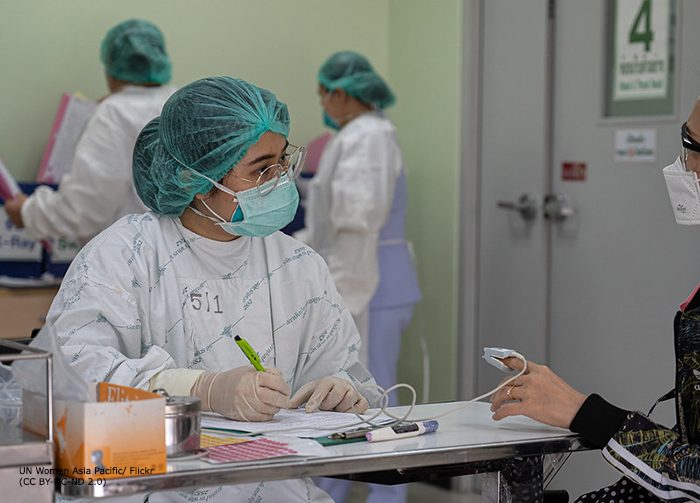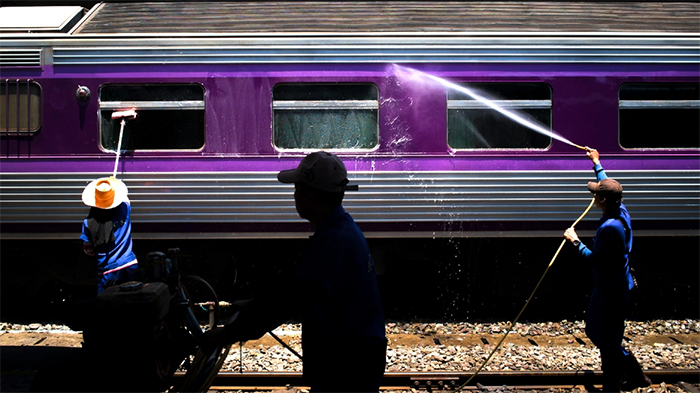
Sample infographic materials distributed by the Ministry of Health, Viet Nam from the country's COVID-19-dedicated website.
Viet Nam's Prime Minister Shares Five Lessons Learned from COVID-19, Highlights Importance of Communication in Pandemic
Viet Nam's Prime Minister Nguyen Xuan Phuc delivered a report on how the coronavirus disease (COVID-19) was contained and managed in the country, and solutions to restart the economy, at the opening ceremony of the country’s 14th National Assembly’s 9th working session on 20 May 2020.








